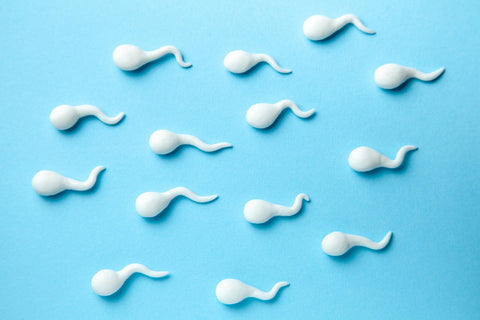While society mostly links women to most cases of infertility, men also have a role to play.
A University of Catania research has shown that maintaining a healthy body weight during childhood and adolescence could actually prevent male infertility later in life.
According to the study, children and adolescents who were overweight or had obesity issues in childhood apart from having high levels of insulin or insulin resistance tend to have smaller testicles as compared to children with normal weight and insulin levels.
“More careful control of body weight in childhood and adolescence may help to maintain testicular function later in life,” said lead researcher Rossella Cannarella, MD, University of Catania in Italy.
She added that the prevalence of male infertility is increasing while the average sperm count has been reduced by half during the span of the last 40 years worldwide.
For those caught unaware, testicular volume (a measure of testicle size) is actually directly linked to sperm count. So, smaller testicles produce less sperm. Reportedly, one-quarter of young men between the age of 18-19 tend to have low testicular volume, or smaller-than-normal testicles, which puts their future fertility at risk.
As per Cannarella, this is happening at a time when the prevalence of childhood obesity has increased.
Facts about male infertility
Causes of male infertility can be due to medical, environmental or lifestyle reasons:
Medical
It can be because of swelling of veins (varicocele), infections, tumours, hormonal issues, or undescended testicles.
Lifestyle
Habits such as smoking and drinking have a huge impact on male fertility as they can lower sperm count and testosterone levels. Being overweight too causes hormonal imbalance in men.
Environmental
If a man is exposed to harmful radiation or heat, his fertility can be impacted Even modern electronic devices such as cell phones, tablets, and laptops can result in male fertility issues.


